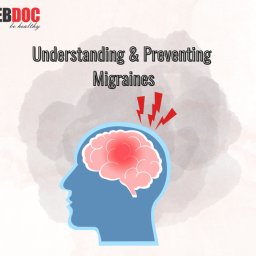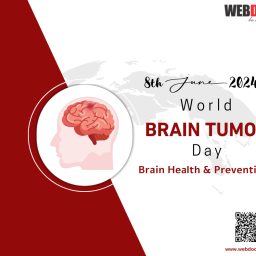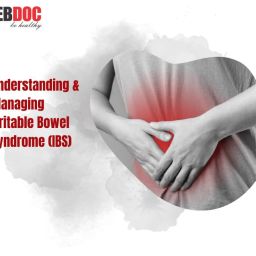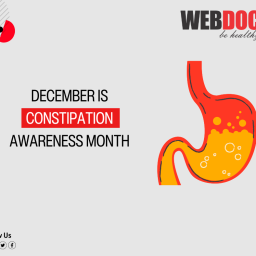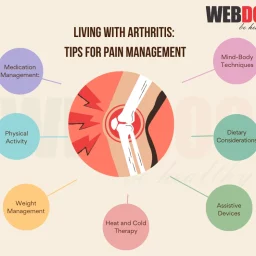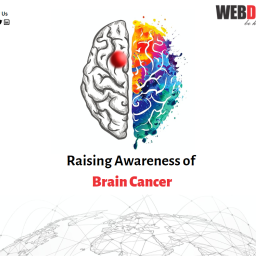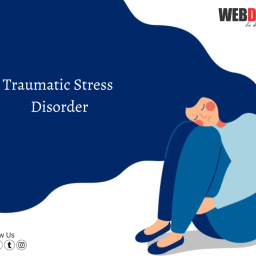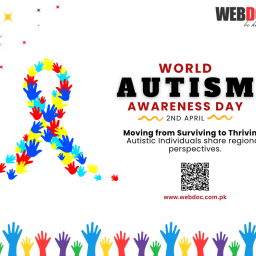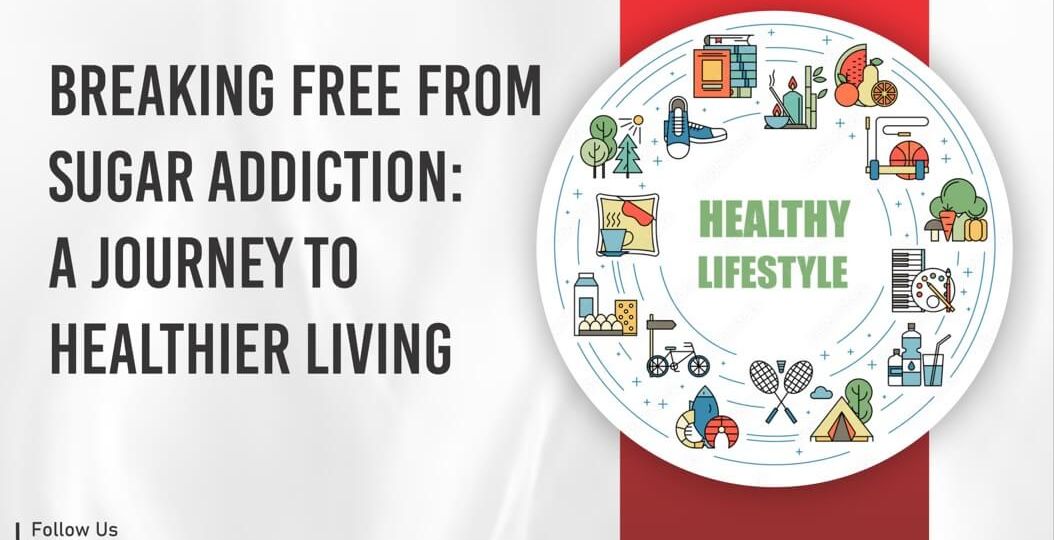
Breaking Free from Sugar Addiction: (A Journey to Healthier Living)
Introduction:
In a world filled with tempting sweets and sugary treats, breaking free from sugar addiction can be a challenging yet transformative journey toward improved health and well-being. Sugar addiction, often underestimated, can have detrimental effects on both physical and mental health. This article explores the causes of sugar addiction, its impact on the body, and practical strategies to overcome this pervasive habit.
Understanding Sugar Addiction:
Sugar addiction is a real and complex phenomenon driven by the brain’s response to sugar consumption. Consuming sugar activates the brain’s reward system, leading to the release of dopamine, a neurotransmitter associated with pleasure and reward. Over time, repeated sugar consumption can lead to tolerance, requiring larger amounts to achieve the same pleasurable effect, and withdrawal symptoms when sugar intake is reduced.
Impact on Health:
Excessive sugar consumption has been linked to various health issues, including obesity, type 2 diabetes, cardiovascular diseases, and mental health disorders. The refined sugars present in many processed foods contribute to spikes in blood sugar levels, leading to energy crashes and cravings. Additionally, sugar has been shown to have addictive properties similar to drugs, making it a challenging habit to break.
Strategies for Breaking Free:
Educate Yourself:
Understanding the sources and types of sugar is crucial. Learn to read food labels and identify hidden sugars in processed foods. Knowledge empowers better decision-making.
Gradual Reduction:
Cold turkey approaches can be overwhelming. Gradually reduce sugar intake to allow the body and mind to adjust. Replace sugary snacks with healthier alternatives like fruits, nuts, or vegetables.
Stay Hydrated:
Dehydration can often be mistaken for hunger, leading to unnecessary sugar cravings. Ensure adequate water intake throughout the day to curb false hunger signals.
Balanced Meals:
Prioritize balanced meals with a mix of carbohydrates, proteins, and healthy fats. This helps stabilize blood sugar levels and reduces the likelihood of sugar cravings.
Mindful Eating:
Pay attention to hunger and fullness cues. Engage in mindful eating practices, savoring each bite. This can foster a healthier relationship with food and reduce the urge to indulge in sugary snacks mindlessly.
Opt for Natural Sweeteners:
When sweetness is desired, opt for natural sweeteners like honey, maple syrup, or stevia. While moderation is key, these alternatives can provide sweetness without the negative health effects of refined sugar.
Regular Exercise:
Physical activity not only contributes to overall well-being but also helps regulate blood sugar levels. Incorporate regular exercise into your routine to support your journey toward breaking free from sugar addiction.
Seek Support:
Breaking free from sugar addiction may require emotional support. Share your goals with friends or family, or consider joining a support group. Having a network can provide encouragement and accountability.
Conclusion:
Breaking free from sugar addiction is a journey that requires commitment, patience, and a willingness to embrace a healthier lifestyle. By understanding the impact of sugar on the body, adopting mindful eating practices, and implementing gradual changes, individuals can regain control over their relationship with sugar. The benefits of reduced sugar intake extend beyond physical health, contributing to enhanced mental well-being and a renewed sense of vitality. Remember, small steps lead to significant transformations, and breaking free from sugar addiction is a commendable step towards a healthier, more balanced life.


